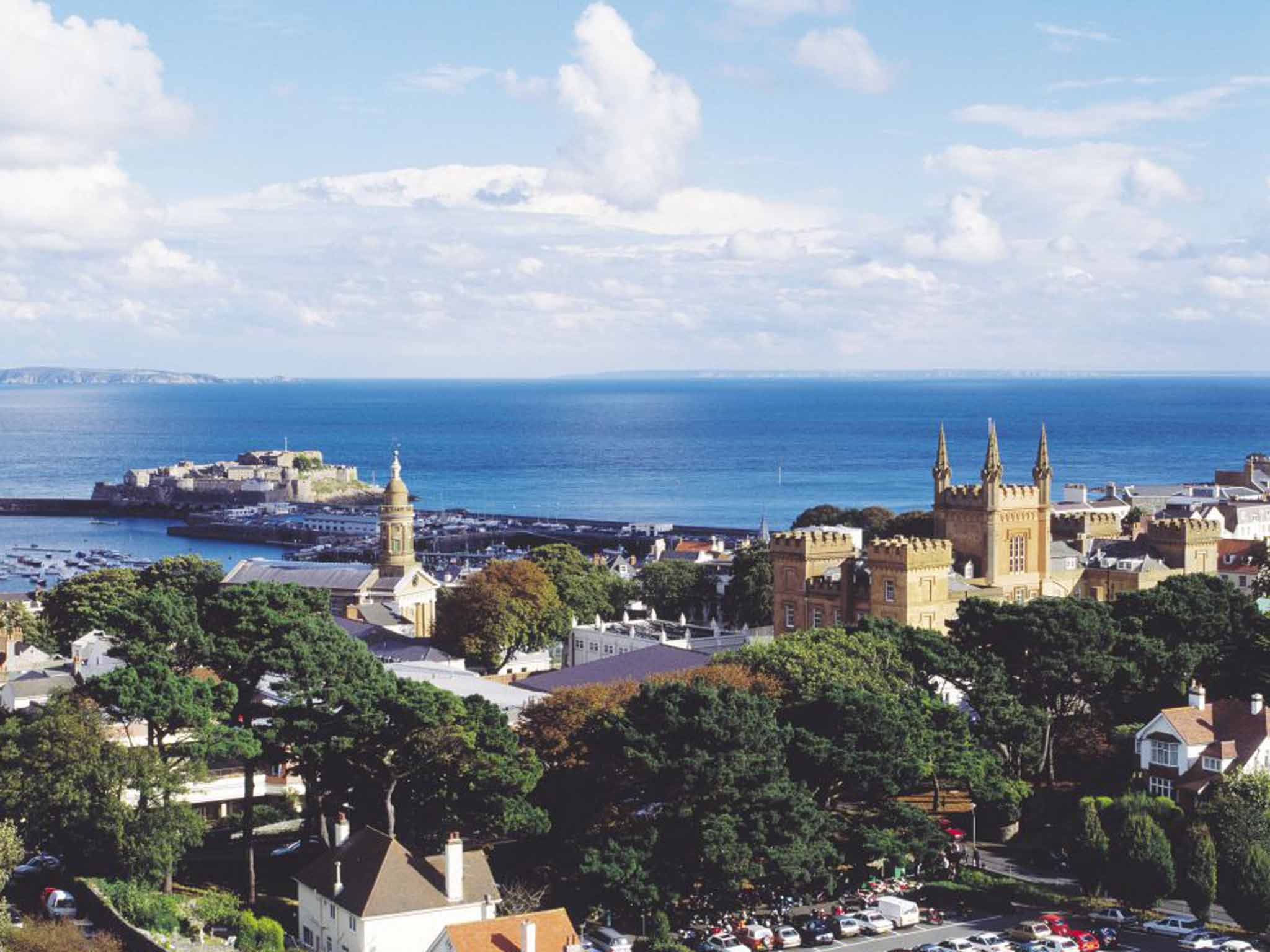Guernsey's parliament votes against proposal to legalise assisted dying
Terminally ill people with less than six months to live and full mental capacity could have been given the means to end their lives

Your support helps us to tell the story
From reproductive rights to climate change to Big Tech, The Independent is on the ground when the story is developing. Whether it's investigating the financials of Elon Musk's pro-Trump PAC or producing our latest documentary, 'The A Word', which shines a light on the American women fighting for reproductive rights, we know how important it is to parse out the facts from the messaging.
At such a critical moment in US history, we need reporters on the ground. Your donation allows us to keep sending journalists to speak to both sides of the story.
The Independent is trusted by Americans across the entire political spectrum. And unlike many other quality news outlets, we choose not to lock Americans out of our reporting and analysis with paywalls. We believe quality journalism should be available to everyone, paid for by those who can afford it.
Your support makes all the difference.Guernsey's parliament has voted against a proposal to legalise assisted dying for some terminally ill people.
The motion, which was put forward by the island's chief minister Gavin St Pier, was rejected by 24 votes to 14 on Friday after three days of debate.
If the requete – similar to a private member's bill – had been approved the island could have become the first place in the British Isles to allow assisted dying.
The controversial proposal would have set up a working group to develop recommendations for legislation covering terminally ill adults with six months or fewer to live and with full mental capacity.
"We believe that a majority of the population do support a change in the law," said Mr St Pier in a statement with the six other deputies backing the bill.
"However, we live in a representative democracy and our parliamentary assembly, the States of Deliberation, has by majority, made a democratic decision which settles the matter in Guernsey.
"We remain of the view that this is an inevitable change which in the fullness of time Guernsey will one day adopt."
Charities also expressed their hope that the law would eventually be changed across the British Isles.
Sarah Wootton, chief executive of Dignity in Dying, which campaigns for a change in the law on assisted dying in the UK, said: “Many in Guernsey and beyond will be disappointed with today’s result, particularly those who have seen the suffering caused by the current law.
"However, this debate has proved beyond doubt that there is immense public support for change and that more politicians are beginning to listen to the views of their constituents.
“Regardless of today’s result, it is clear that change must and will come to the British Isles – the only question is ‘when’.”
Richy Thompson, director of public affairs and policy at Humanists UK, said: "The proposals that Guernsey has voted on today were needed more now than at any other time in our history. "We are disappointed by today's outcome, which will let down many people who need a change in the law."
Leading anti-euthanasia campaign group Care Not Killing welcomed the decision to reject a proposal it described as "dangerous".
"The current law on Guernsey is clear – it protects those who are sick, elderly, depressed, or disabled from feeling under pressure to end their lives," said campaign director Dr Peter Saunders.
"Parliamentarians across the UK have rightly rejected attempts to introduce assisted suicide and euthanasia 10 times since 2003 out of concern for public safety, including in 2015 when the House of Commons overwhelmingly voted against any change in the law by 330 votes to 118."
Court of Appeal judges are considering a challenge to the ban on assisted dying in England and Wales by 68 year-old Noel Conway, who is terminally ill with amyotrophic lateral sclerosis, a form of motor neurone disease.
Their written judgement is expected in early summer.
Assisted dying is legal in Switzerland, Netherlands, Belgium and Luxembourg, Canada, the Australian state of Victoria, and six US states including Oregon.
Nearly 350 British people have ended their lives at Dignitas in Switzerland, according to Dignity in Dying.
Join our commenting forum
Join thought-provoking conversations, follow other Independent readers and see their replies
Comments